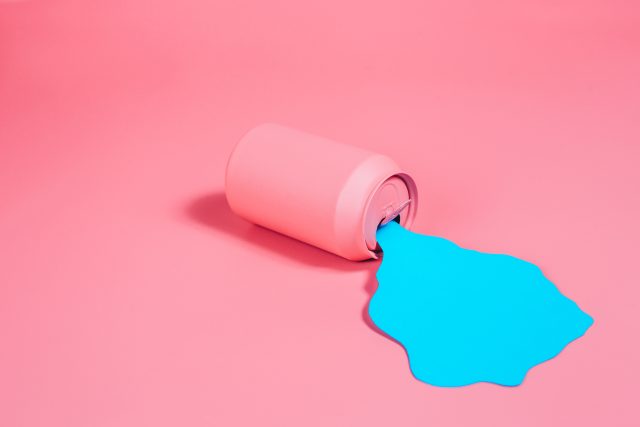This website uses cookies so that we can provide you with the best user experience possible. Cookie information is stored in your browser and performs functions such as recognising you when you return to our website and helping our team to understand which sections of the website you find most interesting and useful.
Hard Seltzer woes continue for Boston Beer as demand sees further decline
The Hard Seltzer Blues have become a theme song at Boston Beer which has once again slashed its earnings forecast as demand for the category continues to fall below the company’s expectations.

Boston’s second-quarter earnings came in below Wall Street’s predictions leading the company to say that it now expects earnings for the full year of US$6 to $11 a share, after previously forecasting $11 to $16 a share.
The shares have fallen by more than 70% since the seltzer fad peaked in 2020.
“I continue to be optimistic about the long-term growth outlook for Boston Beer’s diversified beverage portfolio, despite the greater-than-expected continuing decline in demand in the hard seltzer category that we have seen year to date,” founder and chairman Jim Koch said.
The brewer of the iconic Sam Adams bet the farm on its Truly hard seltzer with its Truly brand following the success of category leader White Claw.
But as consumers turned to cocktails at home during the Coronavirus lockdowns and the big brewers all launched their rival offerings, hard seltzers took a pounding, so much so that Boston was forced to write off millions worth of stock and compensate contract brewers when demand shrank.
And despite last year’s pain, some analysts believe that Boston has still overestimated hard seltzer demand, predicting that this summer the category could see a double digit decline compared even with 2021.
Figures from online retailer Drizly showed an even steeper slump over the 4 July celebration weekend.
In the second quarter, Boston Beer made profits of US$53.3 million, or $4.31 a share, down from $4.75 a share a year ago. Revenue rose to $616.2 million from $603 million a year ago despite both lower shipments and depletions as Boston increased its prices.
Overall depletions fell by 7% in the quarter, but were up 14% if the Truly hard seltzer results are disregarded.
The company says it plans price increases to continue at between 3% and 5% during the rest of the year, which has prompted fears of consumer resistance to cope with rising inflation and the pressures on household budgets.
Related news
Grammy-winning Ariana Grande bewitched by Barolo
Ferrari Trento unveils F1 podium bottle for Vegas race
What the US wine industry needs from its next agriculture secretary

